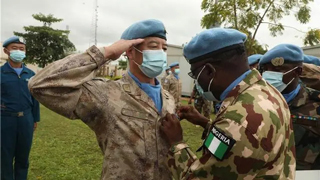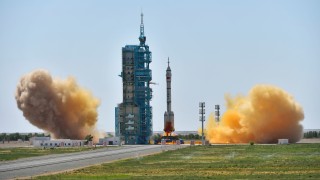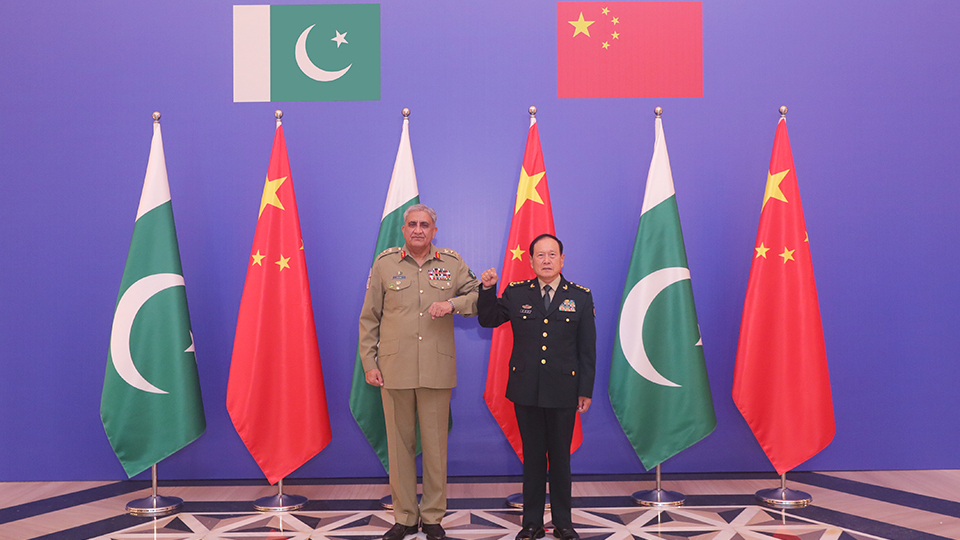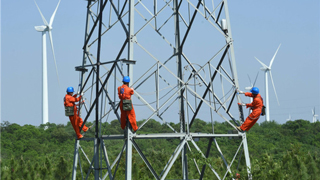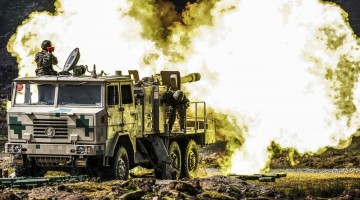By Li Ruoyu
The 101st Session of the Executive Council of the Organization for the Prohibition of Chemical Weapons (OPCW) held in early October approved a plan to destroy the chemical weapons left by Japanese troops in China after 2022. These chemical weapons are just one of the serious crimes committed by the Japanese militarists during their invasion into China, and they have persistently posed grave threats to life, property and eco-environmental security in certain areas of China.
September 29 this year marked the 50th anniversary of the release of the Joint Communique of the Government of Japan and the Government of the People’s Republic of China and the normalization of China-Japan relations. It is stated in the Communique that “The Japanese side is keenly conscious of the responsibility for the serious damage that Japan caused in the past to the Chinese people through war, and deeply reproaches itself.” Obviously, the Japanese side’s self-reflection on its aggression against China is an important precondition for the sound development of bilateral relations. To redress and compensate for the disastrous consequences caused by its war against China is the Japanese government’s responsibility while advancing its relationship with China.
Destroying the chemical weapons left by Japan in China is not only a historical issue between China and Japan, but also a matter of international morality. Japanese militarists’ use of chemical weapons during the aggressive war, which exposed Chinese soldiers and civilians to unprinted suffering, was against international law. Studies by Chinese scholar Ren Wenfeng showed that as the US was worried that a precedent of trial would tie its hands on the use of chemical weapons in the future, the International Military Tribunal for the Far East (IMTFE) didn’t accept accusations of Japan’s use of such weapons, leaving Japan’s chemical war issue unsettled. But that cannot change the truth that its launch of chemical war was against international morality.
It’s not that Japan doesn’t understand its moral responsibility for destroying the chemical weapons it left in China, and it has taken some creditable measures when bilateral ties were in tailwinds. On September 4, 1997, the 25th anniversary of the normalization of China-Japan relations, then-Japanese Prime Minister Ryutaro Hashimoto visited northeast China and the September 18 Incident History Museum. Before the visit, his administration made a decision to establish a mechanism for dealing with the chemical weapons that Japan left in China.
The succeeding Keizo Obuchi administration carried on relevant work. On April 1, 1999, the Abandoned Chemical Weapons Office was set up under the Japanese cabinet. On July 30, 1999, the two countries signed the Memorandum of Understanding on the Destruction of Japanese Abandoned Chemical Weapons in China. The specific work of the destruction officially kicked off after September 2000 and has been on till the present day.
Unfortunately, the Japanese side has been back and forth on this issue in recent years when bilateral relations have hit some bumps.
According to the last plan for destroying Japan’s abandoned chemical weapons in China approved by OPCW on February 15, 2012, relevant work should have been completed in 2022, but the latest plan has postponed the deadline to 2027. The completion of the plan has been delayed three times, and Japan’s performance of the plan is in no way satisfactory to the people of the two countries and the international community. Japan has been stressing how hard it is to position the abandoned chemical weapons, but why is it so hard? Isn’t it because in order to cover up what it had done, it destroyed tons of documents that could have been used as evidence to indict Japan of its war crimes before it was about to lose the war?
Whether the Japanese side has done its best to resolve relevant issues in the past two years is also a question mark. At least the documents released by the Abandoned Chemical Weapons Office showed the office has not fully used the initial budget approved by Japan’s Diet for many years. While the work is seriously delayed, the budget for 2023 is even less than that of 2022. Destroying the chemical weapons abandoned by Japan in China is both part of the historical issues between China and Japan and a moral responsibility borne by Japan for the international community, and responsibility should never be misused as a bargaining chip. No matter how the China-Japan relations fare, the plan for destroying Japan’s abandoned chemical weapons in China should be implemented to the letter.
(The author is a researcher at the Sichuan Provincial Research Institute of Japanese Studies)
